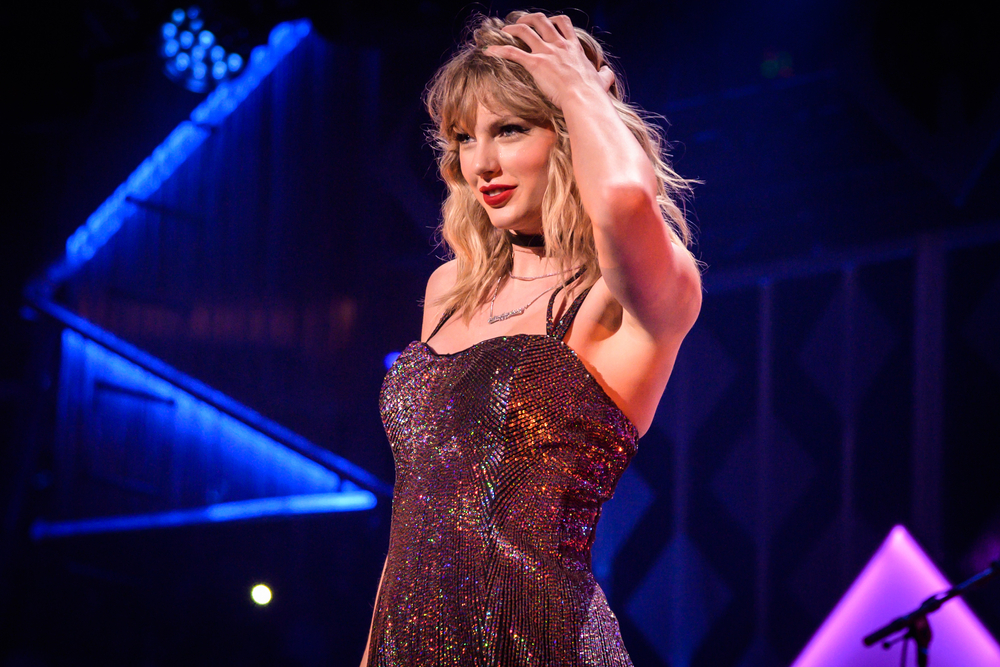The Taylor Swift AI Deepfake Incident has sparked a major debate on AI ethics and privacy.
In a disturbing turn of events that has sparked widespread outrage and legal scrutiny,
AI-generated explicit images of pop icon Taylor Swift have been circulating on social media, causing a major uproar among fans and raising serious questions about the ethical use of artificial intelligence. Fans have rallied in support of Swift, with the hashtag #ProtectTaylorSwift trending across platforms, emphasizing the need for immediate action against such non-consensual use of AI technology.

This incident has not only drawn the ire of the public but has also led to potential legal actions being considered by Taylor Swift and her legal team. The creation and distribution of these images have raised concerns about the misuse of deepfake technology and the legal implications surrounding digital consent.
In response to this alarming use of AI, the White House has called for more stringent legislation to regulate AI-generated content. This move, covered by ABC News, reflects the growing need for laws that can keep pace with the rapid advancements in AI and protect individuals from digital exploitation.

The ethical implications of this incident extend far beyond the entertainment industry, touching upon broader issues of AI ethics, privacy, and the creation of non-consensual digital content. Experts in digital forensics and AI ethics have been vocal about the dangers of AI technology being used to create deepfake imagery, a concern echoed in reports by The New York Times.
The future of AI legislation and digital rights is now at the forefront of public discourse, with calls for new laws and regulations to address these challenges. The incident has highlighted the urgent need for legislative changes to ensure digital rights and protections, a topic explored in depth by BBC News.
In conclusion, the AI-generated explicit images of Taylor Swift have not only caused outrage among fans and the artist herself but have also ignited a necessary conversation about the ethical use of AI technology. It underscores the urgent need for collective action in regulating AI to protect individual rights and privacy, a sentiment shared by many, including commentators at The Verge.
